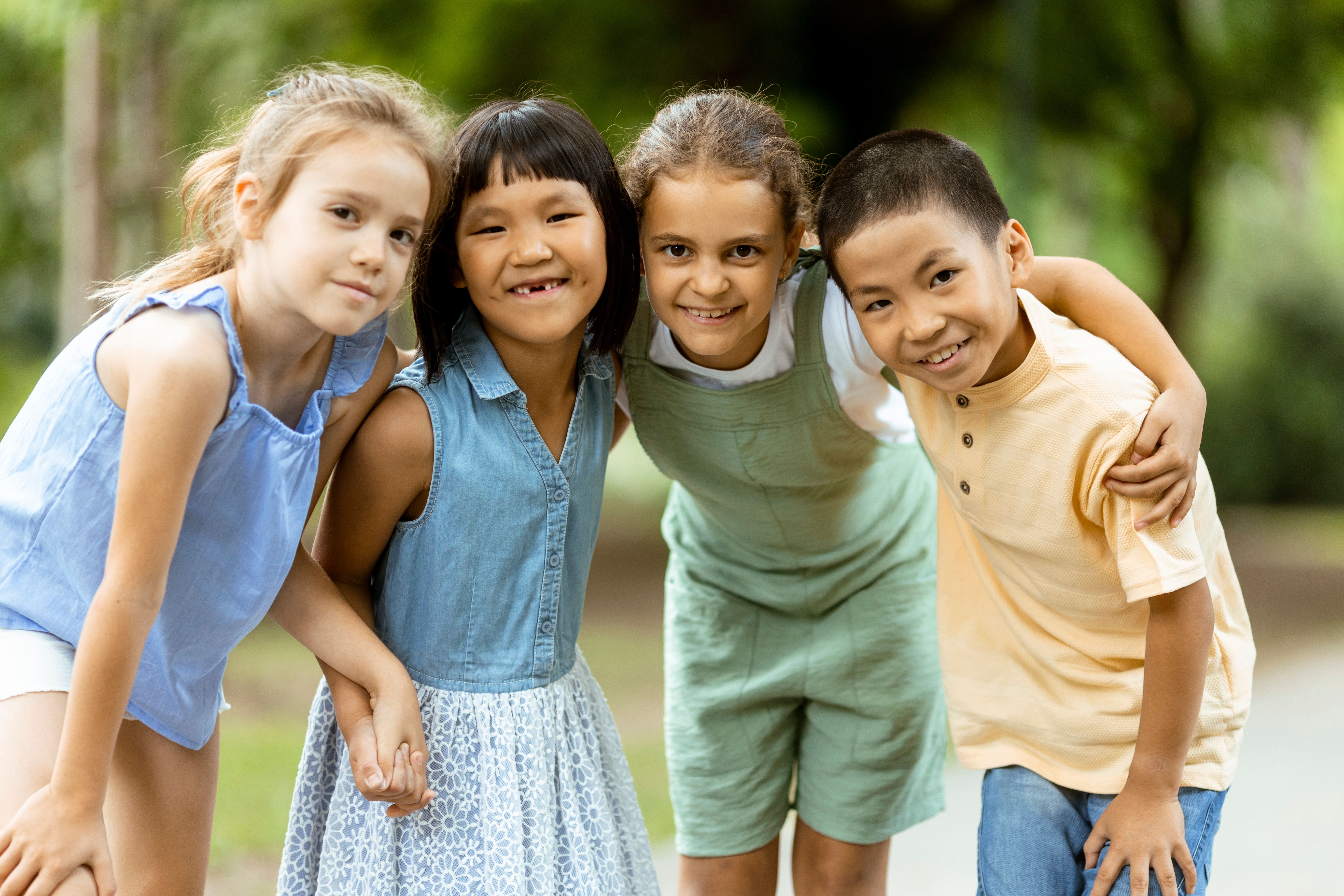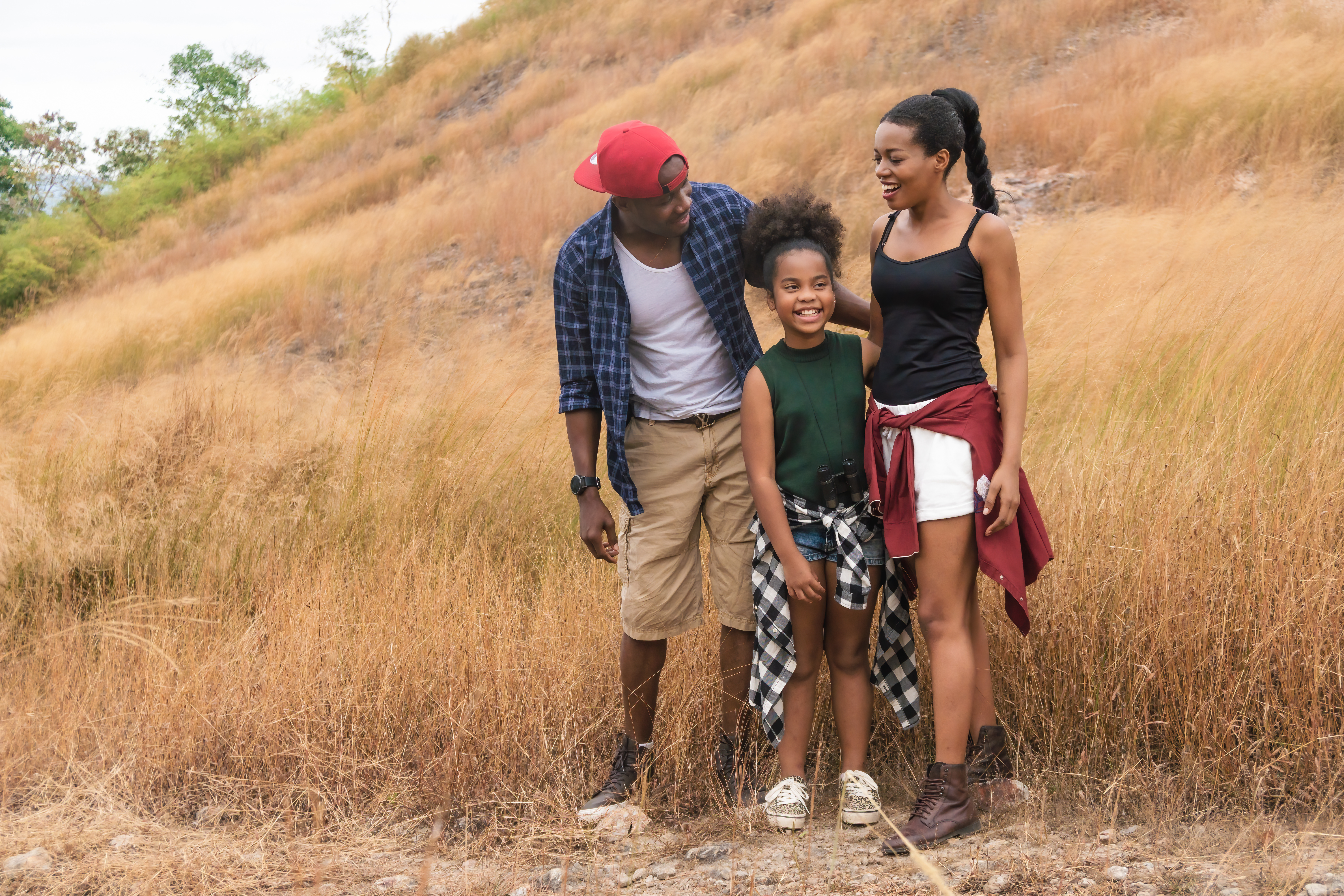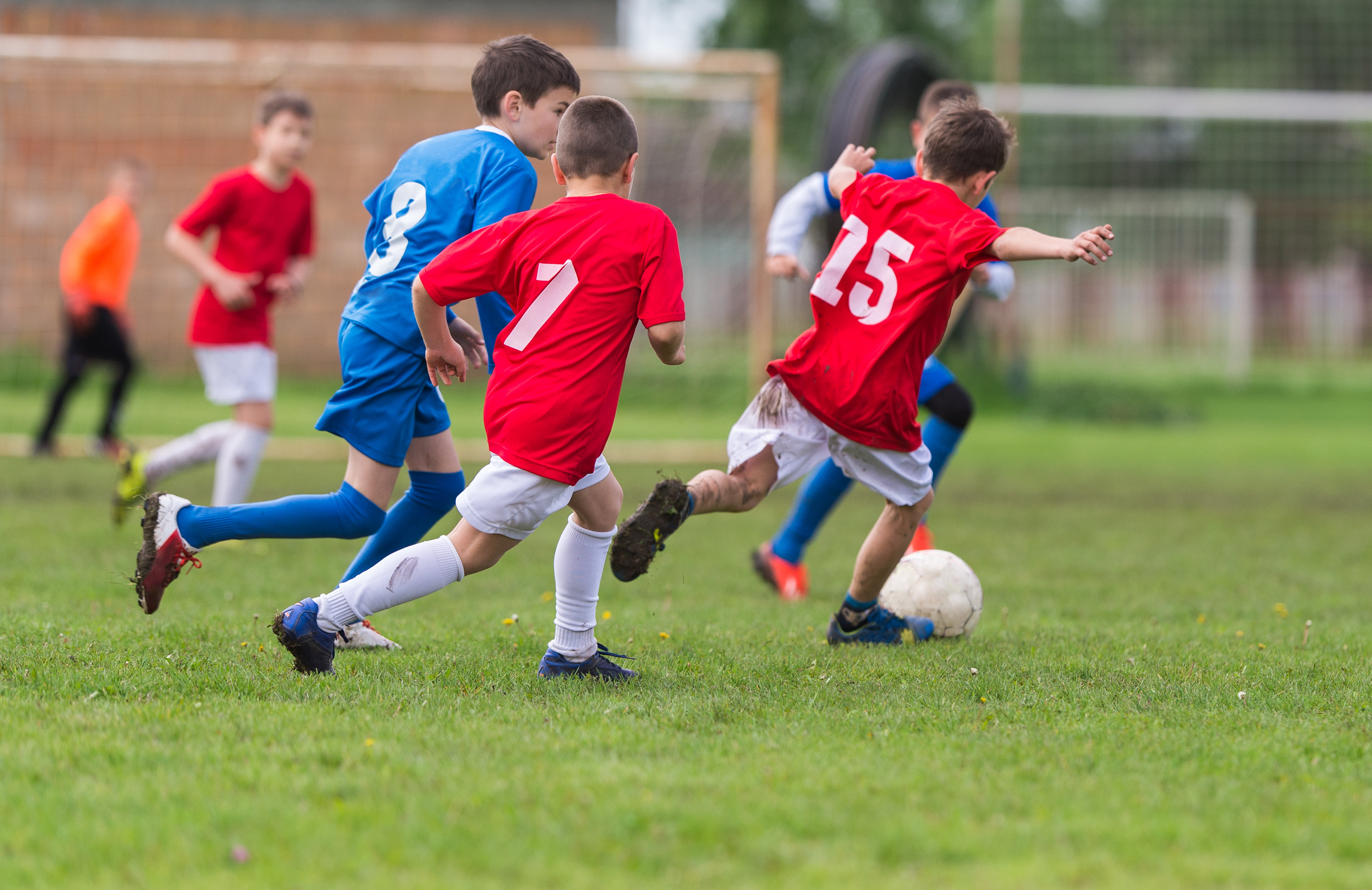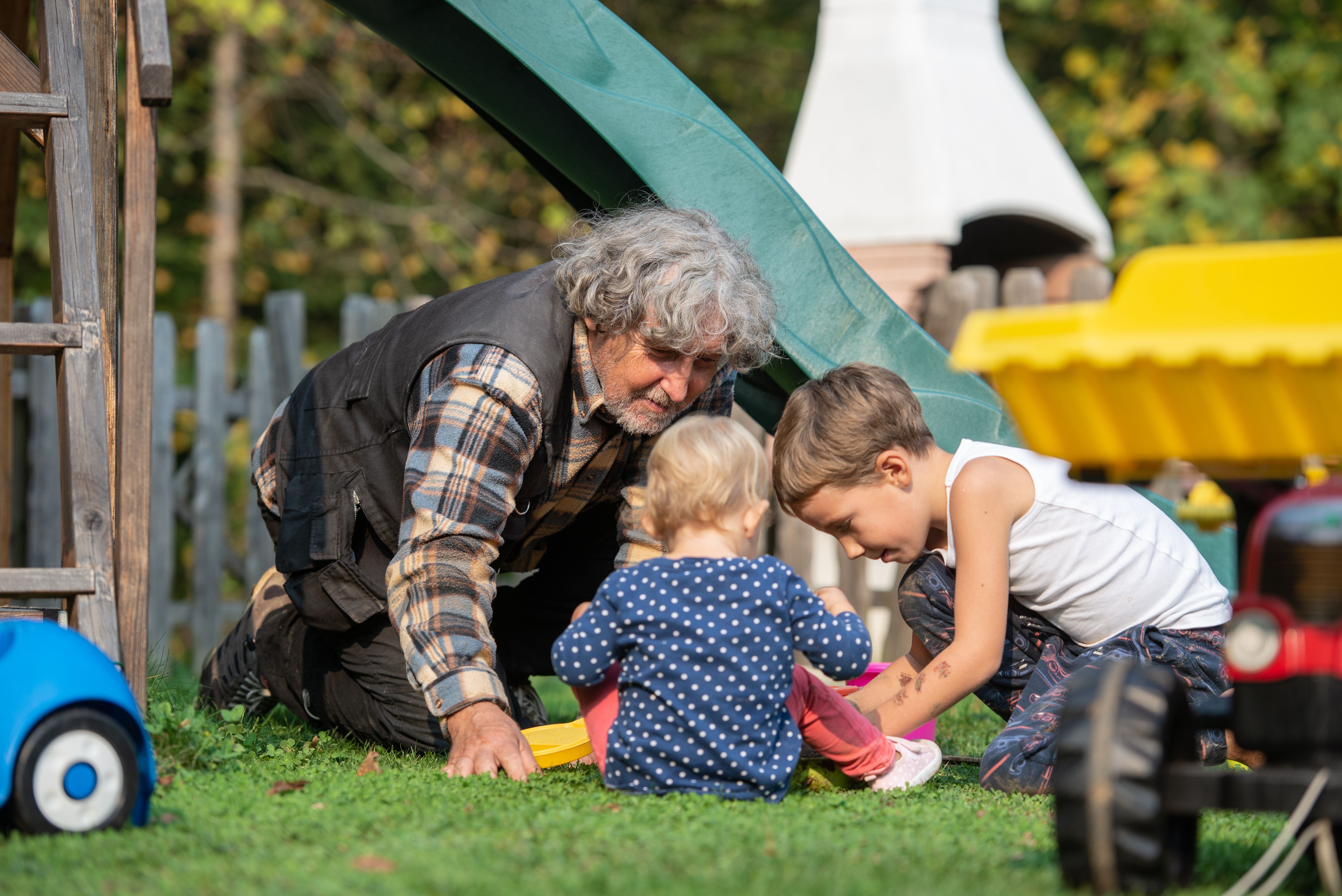Blog
- 2025
- April
- March
- February
- January
- 2024
- December
- November
- October
- September
- August
- July
- June
- May
- April
- March
- February
- January
- 2023
- December
- November
- October
- August
- July
- June
- May
- April
- March
- February
- January
- 2022
- December
- November
- October
- September
- August
- July
- June
- May
- April
- March
- February
- January
- 2021
- December
- November
- October
- September
- August
- July
- June
- May
- April
- March
- February
- January
- 2020
- December
- November
- October
- September
- August
- June
- April
- March
- February
- January
- 2019
- December
- November
- October
- September
- August
- April
- March
- January
- 2018
- September
- August
- July
- May
- March
- February
- January
- 2017
- December
- November
- September
- August
- July
- June
- May
- April
- March
- February
- January
- 2016
- December
- November
- October
- March
- February
- January
- A Most Beautiful Thing (1)
- A Most Beautiful Thing Inclusion Fund (1)
- ABC Park (2)
- access to food (1)
- access to greenspace (2)
- access to nature (5)
- access to outdoors (1)
- accessibility (1)
- accessible storytelling (1)
- active kids (1)
- adolescence (1)
- adolescent recreation (1)
- adolescent wellbeing (1)
- adventure recreation (1)
- afterschool programming (1)
- agents of change (1)
- agricultural education (1)
- agricultural literacy (3)
- agritourism (1)
- Air Alliance Houston (1)
- alabama (1)
- albuquerque (1)
- Alex Bailey (1)
- altruism (1)
- american hiking society (1)
- antarctic tourism (1)
- antiracism in the outdoors (1)
- arizona (1)
- Arshay Cooper (2)
- arts education (2)
- Asheville (1)
- athletic surfaces (1)
- Atiya Wells (1)
- Atlanta (1)
- Atlanta Track Club (1)
- Atlanta Youth Rugby (1)
- Atlanta Youth Tennis (1)
- audubon texas (2)
- ayana elizabeth johnson (1)
- backyard basecamp (1)
- Backyard Basecamp (1)
- Bakeyah Nelson (1)
- baltimore woods nature center (1)
- barriers to recreation (2)
- basketball (1)
- Bearings Bike Shop (1)
- belongingness (1)
- benefits of recreation (1)
- beyond the ball (1)
- Beyond the Game (1)
- big brothers big sisters (1)
- biodiversity (2)
- biological anthropologist (1)
- bipoc youth (3)
- bipoc youth programming (1)
- bird identification (1)
- birds in my neighborhood (1)
- black history month (1)
- black kid adventures (1)
- black kids adventures (1)
- Black outdoor recreation (1)
- black outside (1)
- Black Outside (1)
- Bloom Project (1)
- Blue Sky Funders Forum (1)
- boatbuilding (2)
- Bob Crawford (1)
- boys & girls clubs (1)
- Boys & Girls Clubs of Puerto Rico (1)
- brain development (1)
- bronx river (1)
- brothers on the rise (2)
- brower youth award (1)
- brown girls climb (2)
- brushwood center at ryerson woods (1)
- buffalo harvest (1)
- burnout (1)
- Caitlin Reilly (1)
- california (1)
- california schoolyard forest system (1)
- camp counselors (1)
- camp fire (1)
- camper education (1)
- Camping & Education Foundation (1)
- Camping to Connect (1)
- canoe camping (1)
- canopy coverage (1)
- capacity building (1)
- carbon sink (1)
- career exploration (1)
- career path (1)
- casel social emotional learning standards (1)
- catamount institute (1)
- center for effective philanthropy (1)
- center for native american youth (1)
- center of southwest culture (1)
- CETA Foundation (1)
- challenge (2)
- challenge course (1)
- charles crenshaw (1)
- Charles E. Hartsoe Fellow (1)
- Charles Roundtree Bloom Project (1)
- charles roundtree bloom project (1)
- cheyenne (1)
- chicago (1)
- Chicago CRED (1)
- Children & Nature Network (3)
- children & nature network (3)
- children and nature network (1)
- children's forest of central oregon (1)
- children's screen time action network (1)
- chill foundation (1)
- cincinnati (1)
- citizen science (2)
- City Kids Wilderness Project (1)
- City Sailors (1)
- civic empowerment project (1)
- civic engagement (2)
- CJ Goulding (1)
- classroom resources (1)
- climate action (7)
- climate anxiety (1)
- Climate Change (1)
- climate change (18)
- climate impacts (1)
- climate joy (1)
- climate justice (1)
- climate mental health network (1)
- climate mitigation (1)
- climate movement (1)
- coach training (2)
- cold weather fun (1)
- collaboration (1)
- collective action (1)
- collective resistance (1)
- College of Natural Resources (1)
- communal learning (1)
- communication (1)
- communications strategy (1)
- communities of care (1)
- community building (1)
- community connection (2)
- community engagement (5)
- community film festivals (1)
- community learning (1)
- community level environmental literacy (1)
- community mentorship (1)
- community nature connection (2)
- community organization (2)
- community organizations (2)
- community partners (1)
- community programming (1)
- community violence (1)
- community water safety (1)
- competitive jump rope (1)
- connecticut institute for communities (1)
- connection to nature (12)
- connection to place (1)
- conservation behavior (1)
- cooking with kids (1)
- cool learning experience (1)
- cornell lab of ornithology (1)
- coronavirus (4)
- courage ranch (1)
- CourtBuilders (1)
- COVID safety (1)
- COVID-19 (6)
- covid-19 (1)
- Cranbrook (1)
- Crawford Prize (7)
- crawford prize (2)
- CREATE (1)
- crew (1)
- cultivating community (1)
- cultural connection (3)
- cultureseed (1)
- Darryl Taylor (2)
- data analysis (1)
- Davidson College (1)
- Day of Sport (1)
- debt-ceiling crisis (1)
- decolonization (1)
- deficit thinking (1)
- deforestation (1)
- DEI outdoors (1)
- demographic data (1)
- Department of Parks, Recreation and Tourism Management (1)
- Department of Parks, Recreation, and Tourism Management (1)
- Derwin Hannah (2)
- Detroit (1)
- detroit horse power (1)
- digital tools (1)
- diné we can (2)
- disabled hikers (1)
- displacement (1)
- diversity education (1)
- diversity equity and inclusion (5)
- diversity in nature (2)
- diversity in the outdoors (1)
- diversity outdoors (2)
- documentary filmmaking (1)
- dr. teresa horton (1)
- drowning (1)
- duke marine lab community science initiative (1)
- eagle eye institute (1)
- early adulthood (1)
- earth day (1)
- earth day with kids (1)
- east st louis (2)
- eastern sierra conservation corps (1)
- eco-anxiety (2)
- Eco-Health (1)
- ecoanxiety (2)
- ecological resilience (1)
- eden place nature center (1)
- effective communication (1)
- effective narratives (1)
- elevate youth (1)
- Elliott Donnelley Youth Center (1)
- Elsie McCabe Thompson (1)
- Emerson Collective (1)
- empathy (2)
- English Avenue (1)
- EnviroAtlas (1)
- environment (1)
- environmental action (3)
- Environmental Activism (1)
- environmental activism (1)
- environmental affinity (1)
- environmental change (1)
- environmental crisis (1)
- environmental degradation (1)
- environmental education (7)
- environmental filmmaking (1)
- environmental funding (1)
- environmental future (2)
- environmental hope (2)
- environmental jobs (1)
- environmental justice (4)
- environmental leaders (2)
- environmental leadership (1)
- environmental learning for kids (1)
- environmental literacy (2)
- environmental movement (4)
- environmental science for kids (1)
- environmental sector (1)
- environmental stewardship (1)
- environmental sustainability (1)
- environmentalism for kids (1)
- EPA (1)
- equine-assisted therapy (1)
- equine-based programming (1)
- equitable access (1)
- equitable learning (1)
- equity (4)
- equity in funding (1)
- equity in the outdoors (2)
- equity outdoors (1)
- ethical storytelling (1)
- evaluation (1)
- evaluation methods (1)
- evaluation starter kit (1)
- evaluation support (1)
- evaluation with youth (1)
- every kid outdoors (1)
- evolutionary and ecological approaches to health and development program (1)
- experiential education (3)
- experiential learning (2)
- exploratory learning (1)
- exploratory STEM (1)
- explore austin (1)
- explore fund (1)
- extracurricular activities (1)
- extreme heat (3)
- eye health (1)
- families outside (1)
- family camping (1)
- family fun (1)
- family holidays (1)
- family recreation (1)
- family relationships (1)
- Family Time (1)
- family-based programming (1)
- farmers markets (1)
- female athlete (1)
- Fernando Lloveras (1)
- Finding Nature (1)
- flint river watershed coalition (1)
- food forests (1)
- food justice (1)
- food literacy (1)
- food production (1)
- food security (1)
- food system (1)
- food systems (2)
- forest bathing (1)
- forest therapy (1)
- fort robinson outbreak spiritual run (1)
- funding (1)
- funding opportunity (1)
- Gang Rescue and Refinement Passages (1)
- gardening (1)
- Gary Hall (1)
- gear libraries (1)
- gender exploration (1)
- gender inclusivity (1)
- generational indigenous ways (1)
- Georgia FIRST Robotics (1)
- get into nature (4)
- Get into nature (1)
- get outside (1)
- girl scouts (1)
- girls in STEM (1)
- girls on the run (1)
- girls outdoors (1)
- girlventures (2)
- global forest watch (1)
- gloria barron prize for young heroes (1)
- grant applications (1)
- grant opportunity (1)
- grantee cohort (1)
- grantee cohorts (2)
- Grantee Highlight (1)
- grantee resources (1)
- grantee spotlight (1)
- grantee support (1)
- grantmaking (2)
- grants (2)
- greater newark conservancy (2)
- green camps (1)
- green design (1)
- green infrastructure (1)
- green jobs (1)
- green schoolyard movement (1)
- green schoolyards (2)
- green schoolyards america (1)
- greenhouse effect (1)
- greening youth foundation (1)
- greenspace (7)
- greenspace access (6)
- group cohesion (1)
- group experiences (1)
- gtg outdoors (1)
- gulf gathering for climate justice and joy (1)
- gut health (1)
- hands and hearts for horses (2)
- hands on activities (1)
- Hartsoe Fellow (1)
- hattie carthan (1)
- healing through nature (2)
- health (1)
- health and wellbeing (1)
- health benefits of nature (1)
- healthier communities (1)
- healthy competition (1)
- healthy eating (1)
- healthy families (1)
- healthy kids (2)
- healthy living (1)
- healthy relationships (1)
- heat mitigation (2)
- heat safety (1)
- heatwavces (1)
- heptathalon (1)
- heritage trails partnership of the Mississippi gulf coast (1)
- higher education (1)
- hip hop for change (1)
- hiring (1)
- hispanic americans (1)
- hispanic heritage month (1)
- holistic grantmaking (1)
- holistic philanthropy (2)
- holistic support (2)
- Horizons-Upward Bound (1)
- horseback riding (1)
- how to save a planet (1)
- Howard University (1)
- hurricane helene (1)
- identity exploration (1)
- illinois (1)
- IMC Charities (1)
- immune function (1)
- impact grants (2)
- inclusion (1)
- inclusion outdoors (1)
- inclusive camps (1)
- inclusive practices (1)
- inclusivity in recreation (1)
- inclusivity outdoors (4)
- incubator program (1)
- indigenous communities (1)
- Indigenous Leaders (1)
- indigenous leaders (1)
- indigenous led programs (1)
- indigenous youth (1)
- indigenous youth programming (1)
- infrastructure funding (1)
- inspiring action (1)
- intergenerational connections (1)
- intergenerational learning (1)
- intergenerational programming (1)
- IPCC report (1)
- jackie joyner-kersee (2)
- Jackie Joyner-Kersee (1)
- jackie joyner-kersee foundation (1)
- job boards (1)
- john francis (1)
- John McCarter (1)
- Jose Gonzalez (2)
- josé gonzález (3)
- jose gonzalez (1)
- jubilee consortium (1)
- jubilee jump (1)
- Julia Lankford (1)
- justice outside (2)
- k-12 education (1)
- k-12 teachers (1)
- Karen Stewart-Ramos (1)
- keep kids safe (1)
- Khary Lazarre-White (1)
- khmer community of seattle king county (2)
- khmer cultural practices (1)
- kids health (1)
- kids in nature (6)
- kids in summer (1)
- kids outdoors (1)
- Kids Outside (1)
- kids outside (19)
- Kim Moore Bailey (1)
- Ki’Amber Thompson (1)
- lakota (1)
- lakota summer science field institute (1)
- land grant mission (1)
- laru beya collective (3)
- Last Child in the Woods (1)
- latino conservation week (1)
- Latino Outdoors (1)
- latino outdoors (2)
- latinos progresando (1)
- latinx identity (1)
- Laureus (2)
- Laureus Sport for Good Foundation (1)
- Lawrence Hall of Science (1)
- LBC Action (1)
- leadership at camp (1)
- leadership development (2)
- learn to sail (1)
- Lee Storey (1)
- LGBTQ+ community (1)
- LGBTQ+ outdoor summit (1)
- lgbtq+ spaces (1)
- LGBTQ+ youth (3)
- lgbtq+ youth (2)
- life skills (1)
- Lila Leff (3)
- lincoln senior high school (1)
- local agriculture (1)
- local food (1)
- local greenspace (1)
- local trails (1)
- localogy (1)
- loop nola (1)
- los angeles (1)
- lower brule wildlife (1)
- Mandela (1)
- Manny Almonte (1)
- marine debris (1)
- marine science (1)
- Martin LeBlanc (1)
- Mastermind Connect (1)
- matthew henson (1)
- measuring success (1)
- mental health (4)
- mental health awareness month (1)
- mental health care (1)
- mental health crisis (1)
- mental health resources (1)
- mental health support (1)
- mentorship (1)
- Mercedes Benz (1)
- million coaches challenge (1)
- monarch butterfly (1)
- monocultures (1)
- Montreat College (1)
- mountain dreamers (1)
- mountain sports (1)
- move mountains (1)
- movement education outdoors (1)
- Muddy Sneakers (1)
- museum of the rockies (1)
- music in schools (1)
- music teachers (1)
- Myron Floyd (2)
- myron floyd (1)
- Nadja West (3)
- national audubon society (1)
- National Recreation and Park Association (1)
- National Recreation and Park Association Forecasts (1)
- National Recreation Foundation (14)
- national recreation foundation (6)
- national trails day (1)
- national water safety action plan (1)
- national water safety month (1)
- Native American Heritage Month (1)
- native like water (1)
- natural disaster response (1)
- nature (5)
- Nature Books (1)
- nature culture and human health network (1)
- nature deficit disorder (1)
- nature deprivation (1)
- nature education (1)
- nature exploration (1)
- nature observation (3)
- nature photography (1)
- nature play (1)
- nature writing (1)
- Nature, Culture and Human Health Network (1)
- nc state environmental education lab (1)
- NC State University (1)
- nc state university (1)
- nearby nature (3)
- neurodivergent youth (1)
- new birders (1)
- new england association of schools and colleges (1)
- new england science and sailing foundation (1)
- new hire (1)
- new mexico (1)
- new york city (1)
- newcomer youth (1)
- next generation science standards (1)
- Nike (1)
- non-profit organizations (1)
- nonprofit storytelling (1)
- North Carolina (1)
- north carolina (1)
- North Carolina State University (3)
- north carolina state university (3)
- Northwestern University (1)
- northwestern university (1)
- NRF (4)
- nrf advisory council (1)
- nrf grantees (1)
- nrf trustee (1)
- NRPA (2)
- nuestra tierra conservation project (2)
- okc latina (1)
- openlands (1)
- operations associate (1)
- oregon state university extension (1)
- organizational support (1)
- organizational update (1)
- Our Wild Calling (1)
- out there adventures (1)
- outdoor access (2)
- Outdoor Access (1)
- outdoor activity (1)
- outdoor adventure (2)
- outdoor afro (1)
- outdoor alliance for kids (1)
- outdoor careers (1)
- outdoor community (1)
- outdoor education (9)
- outdoor equity (3)
- outdoor foundation (1)
- outdoor grants (8)
- outdoor inclusion coalition (2)
- outdoor industry (2)
- outdoor industry association (1)
- outdoor leadership (1)
- outdoor learning (6)
- outdoor outreach (1)
- outdoor participation trends report (1)
- outdoor play (4)
- outdoor recreation (29)
- outdoor recreation grants (2)
- outdoor recreation participation (1)
- outdoor research (1)
- outdoor science education (1)
- outdoorist oath (1)
- outdoors (2)
- outdoors empowered network (3)
- Outdoors for All (1)
- outside with kids (1)
- outward bound adventures (1)
- outward bound canada (1)
- overnight camps (1)
- Pace Center for Girls (1)
- paddleboarding (1)
- pandemic (4)
- pandemic kids (1)
- pandemic mental health (1)
- pandemic wellbeing (1)
- pandemic with kids (1)
- Para La Naturaleza (1)
- para la naturaleza (1)
- paradox climbing (1)
- park access (1)
- park activities (1)
- parks in focus (1)
- participant evaluation (1)
- participatory evaluation (1)
- PATH (1)
- pattie gonia (1)
- personal resilience (1)
- Peter Westbrook (1)
- philanthropic funding (1)
- philanthropic sector (1)
- philanthropy (9)
- physical activity (5)
- physical health (1)
- pine ridge tree planting (1)
- place attachment (1)
- place-based learning (1)
- planet walkers (1)
- plant identification (1)
- player development (2)
- pollinators (1)
- portland (1)
- positive coaching alliance (2)
- positive youth development (13)
- Power Game+ (1)
- power of the outdoors (1)
- president's environmental youth award (1)
- pride month (2)
- pride outside (2)
- Pritzker (1)
- program capacity (1)
- program design (1)
- program evaluation (2)
- program goals (1)
- public lands (3)
- public schools (2)
- public space (1)
- puerto rico (1)
- queer mountain quest (1)
- queer nature (1)
- racial equity (2)
- REACH (1)
- Reading with Kids (1)
- ready set resilience (1)
- reconnect to the land (1)
- recreation (3)
- recreation philanthropy (1)
- recreation research (3)
- recreation safety (1)
- recreational programming (1)
- red cloud renewable (1)
- reforestation (1)
- report (1)
- research bias (1)
- research findings (1)
- resilient communities (1)
- Rethink Outside (1)
- Rethink Outside Fellowship (1)
- Richard Louv (3)
- richard louv (1)
- ríos to rivers (1)
- rippleffect (2)
- risk and resilience (1)
- risk management (2)
- river newe (2)
- river sports (1)
- robert taylor (1)
- rocking the boat (2)
- rosario dawson (1)
- rowing (2)
- rue mapp (1)
- Ryan Zwart (1)
- sailing (1)
- SailMaine (1)
- San Antonio (1)
- Sarah Milligan-Toffler (2)
- saved by nature (1)
- school budget cuts (1)
- school partnerships (1)
- science learning (1)
- science literacy (1)
- scientific observation (1)
- scientific research (1)
- scistarter (1)
- screen time (2)
- seasonal eating (1)
- self awareness (1)
- self care (1)
- self confidence (1)
- self-care (1)
- sense of place (1)
- service opportunities (1)
- shade access (1)
- shannon danks (1)
- she jumps (1)
- SheJumps (1)
- shelter-in-place (1)
- shinrin-yoku (1)
- shoshone-bannock (1)
- shred foundation (1)
- sicangu co (1)
- sicangu health initiative (1)
- sicangu lakota nation (1)
- Siebert Williams Shank (1)
- sierra club (1)
- skin health (1)
- skin protection (1)
- SNAP (1)
- Soccer in the Streets (1)
- social change (1)
- social emotional learning (7)
- social good (1)
- social media (1)
- social-emotional learning (1)
- soliciting donations (1)
- Sophie Twichell (5)
- sos outreach (1)
- soul track outdoors (1)
- soul trak (1)
- Soul Trak Outdoors (2)
- Special Grants (2)
- special grants (1)
- Spike Lobdell (1)
- sport based youth development (1)
- Sport Court (1)
- Sport for Good (1)
- staff spotlight (1)
- staff training (1)
- STEM gender gap (1)
- STEM learning (1)
- story riders (2)
- stress (1)
- summer camp (4)
- summer camps (1)
- summer fun (1)
- summer jobs (1)
- summer produce (1)
- summer recreation (2)
- summer with kids (2)
- summertime (1)
- sun safety (1)
- sunscreen (1)
- survey research (1)
- Susan Teegen (1)
- sustainability (1)
- sustainability activities (1)
- swim education (1)
- swim lessons (1)
- swim safety (1)
- swimming (2)
- talking to kids (1)
- tankproof (1)
- Teach-A-Child to Fish (1)
- teacher collaboration (1)
- teacher support (1)
- teachers (1)
- technology (1)
- teen stress (1)
- teresa baker (1)
- Teresa H Horton (1)
- thanksgiving (1)
- the north face (1)
- the semilla project (1)
- the trauma foundation (1)
- the trevor project (1)
- therapy for kids (1)
- Tim Richardson (2)
- time in nature (12)
- time outside (7)
- tom's of maine (6)
- Tom's of Maine (1)
- tom's of maine incubator (1)
- toms of maine (5)
- Tony Mobley (1)
- track and field (1)
- trail building (1)
- trans and non-binary youth (1)
- trauma epidemic (1)
- trauma recovery (1)
- trauma-informed practices (2)
- tree canopy coverage (1)
- tree cover (1)
- tree cover loss (1)
- tree planting (2)
- tree street youth (1)
- trekkers (2)
- trends in philanthropy (1)
- Trust for public lands (1)
- trust-based philanthropy (1)
- trustee (1)
- Trustee Grants (2)
- trustee grants (1)
- TSL Law Group (1)
- turner foundation (1)
- Tyrhee Moore (3)
- tyrhee moore (1)
- ucla (1)
- udall foundation (1)
- Umoja (1)
- Umoja Student Development Corporation (1)
- united nations development program (1)
- unrestricted funding (1)
- urban adventure squad (4)
- urban farm (1)
- urban farming (1)
- urban forest (1)
- urban nature (1)
- urban wilderness program (1)
- us fish and wildlife service (1)
- usa swimming (1)
- usa swimming learn to swim grants (1)
- venture out project (1)
- Vine City (1)
- Virtual Training Camp (1)
- warren washington (1)
- washington dc (2)
- Washington Park (1)
- water competency (1)
- water recreation (1)
- water safety (2)
- water sports (1)
- waterfront access (1)
- watershed conservation (1)
- watersmith guild (2)
- well-being practices (1)
- wellfit girls (1)
- western national parks association (1)
- western pennsylvania (1)
- Westside (1)
- wild diversity (2)
- wild earth wilderness school (1)
- wilderness inquiry (1)
- wildseed gear library (1)
- winning in life (2)
- winter outdoor activities (1)
- Winter Reading (1)
- women's sports (1)
- Wood Hood (1)
- working bikes (1)
- working with kids (1)
- wyn wiley (1)
- yellow bird life ways (1)
- yes nature to neighborhoods (1)
- Young Masterminds Initiative (1)
- young men of color (1)
- young people outdoors (1)
- youth (2)
- youth action (3)
- youth activism (2)
- youth activists (1)
- youth advocacy (1)
- youth athletes (1)
- youth awards (1)
- youth birders (1)
- youth civic action (1)
- youth climate action (3)
- youth climate activism (1)
- youth climate movement (1)
- youth coaches (2)
- youth coaching (1)
- youth development (19)
- youth engagement (1)
- youth enrichment services (1)
- youth environmental action (1)
- youth environmental leaders (1)
- youth environmental movement (1)
- youth in crisis (1)
- youth in nature (1)
- youth leaders (1)
- youth leadership (1)
- youth mental health (11)
- youth mentors (1)
- youth mentorship (1)
- youth of color (3)
- youth opportunities unlimited (1)
- youth organizations (1)
- youth outdoor programs (1)
- youth outdoor recreation (2)
- youth outdoors (3)
- Youth Outside (1)
- youth outside (2)
- youth programming (5)
- youth programs (3)
- youth reading (1)
- youth recreation (28)
- youth resilience (2)
- youth seen (2)
- youth sports (8)
- youth swimming (1)
- youth trauma (1)
- youth voices (1)
- youth well-being (2)
- youth wellness (3)
- youth with disabilities (1)
- youth writing (1)
- youthtruth (1)
- zuni pueblo (1)
- zuni youth enrichment project (1)
Building Empathy Through Youth Recreation

Empathy is the human trait of understanding the feelings of someone else and experiencing those emotions on some level as your own. Empathy is critical to our collective hopes for creating a more just and sustainable world. We cannot address environmental injustice, poverty, violence, or other systemic issues if we cannot empathize with the burdens and experiences of others. Therefore, it is essential to instill empathy as a core value among young people. Fortunately, learning empathy can be fun. In fact, empathy-building is a core component of many youth recreation programs.
.jpeg)
Recreation programs tend to focus on communal activities that require cooperation. Whether kids are learning outdoors skills, playing on a sports team, or attending summer camp, recreational spaces offer an opportunity to join a community of other kids that are all having a new experience together. Feeling connected to others through shared experience and identity is an important building block for understanding and caring about the feelings of people outside oneself. Building those shared experiences and promoting a sense of community through play is a great avenue for empathy-building, because kids will be caught up in having fun while gaining life skills along the way.

In addition to fostering community among peers, recreation programs are a common space for developing mentorship relationships between adults and kids. The ways that adults interact with youth influence the process of empathy building. For example, creating opportunities for kids to express their feelings and taking the time to explain why some behaviors are harmful or inappropriate because of their impacts on others are both positive ways to help youth develop empathy. Even the way that youth receive praise can be an opportunity for empathy-building. Compliments that focus on being a helpful or caring person go a long way towards encouraging kids to incorporate empathy into their sense of self.

In general, programs that center relationships as a core component of recreation have a positive impact on youth development, including the development of empathy. This is true across many different types of recreation programming, even recreation based in competition such as sports. There are lots of ways for youth to compete with empathy and build compassion and care into their athletic practices. Empathy can even help athletes perform better through increased cooperation and communication.

Whatever form of recreation youth are engaging in, it’s important to consider the larger life lessons they’re gaining from the program. Empathy fits naturally into so many aspects of youth recreation programming, but it’s helpful to name empathy as a core value and be intentional about the ways empathy-building is structured. Ultimately, it comes back to the idea that kids can gain the skills to create stronger, kinder communities all while having fun!
